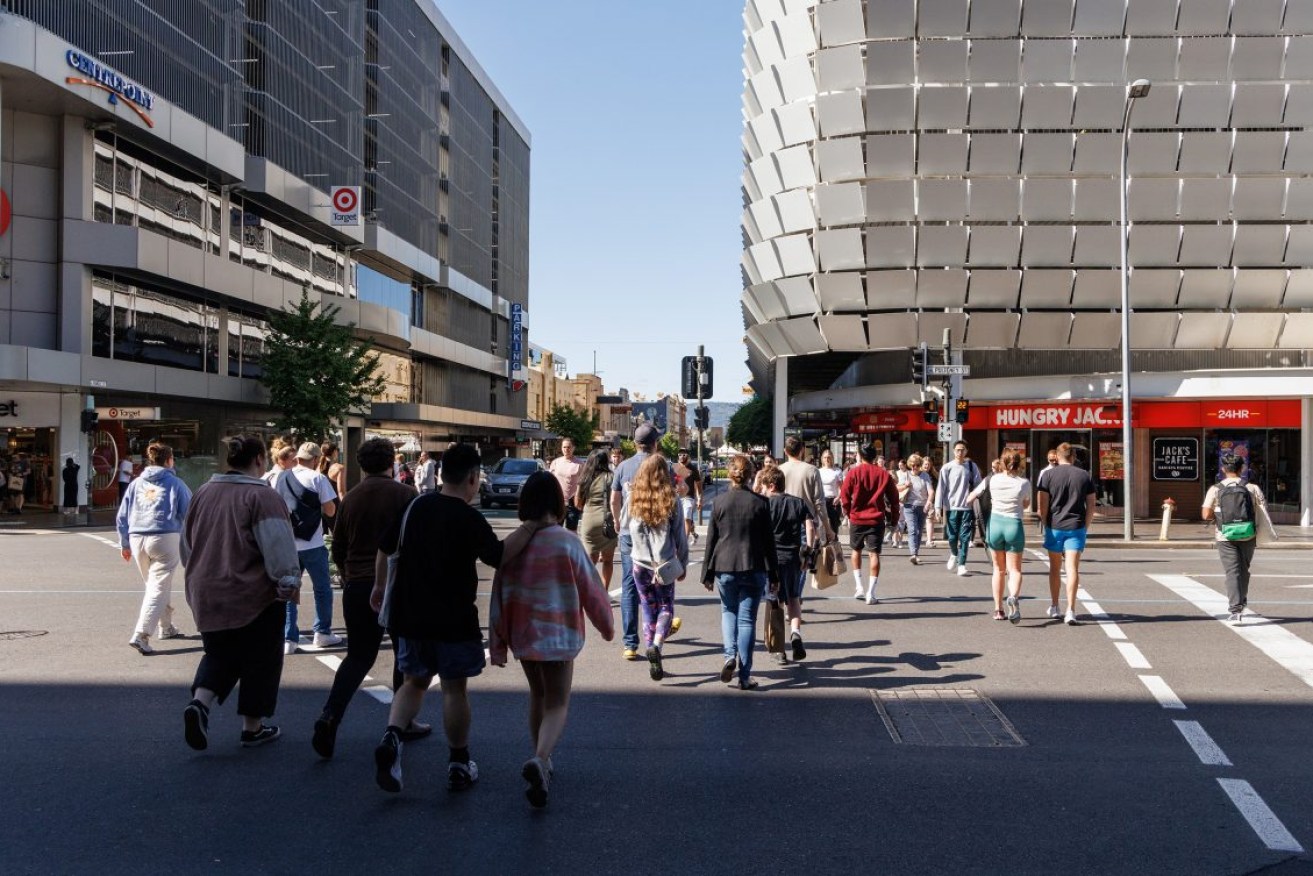Pay boost for minimum wage earners
Australia’s lowest paid workers will take home an extra $1.20 each hour after today’s 5.75 per cent boost to the minimum wage, but the business lobby has branded the decision a “hammer blow”.

Photo: Tony Lewis/InDaily
The Fair Work Commission opted for a 5.75 per cent boost to the minimum wage in its 2023 decision, taking the hourly pay rate for lowest paid workers from $21.38 to $22.60.
The commission also lifted minimum award wages by 5.75 per cent.
More than 20 per cent of the country’s workers are paid minimum award rates and only 0.7 per cent earn the national minimum wage, which is the lowest rate. The new pay rates will begin on July 1.
Under the decision, workers will still be taking a real wage cut, with inflation coming in at 6.8 per cent in the 12 months to April.
FWC president Adam Hatcher said the commission handed down its decision under a “very unusual” set of challenges, including falling wages and high inflation.
“A further challenge is an expected sharp slowdown in economic growth over the next year,” he added.
But he said the commission considered the high rate of inflation on the ability of low-paid workers to meet their basic financial needs.
The commission also factored in the upcoming boost to the superannuation guarantee from 10.5 per cent to 11 per cent, as well as the impact of a weakening jobs market on casual employees and relevant industries.
“We have also had regard to the need to avoid entrenching high inflation expectations by taking a perceived wage indexation approach, and the recent weak performance in productivity growth,” he said.
Hatcher said the 5.75 per cent lift in award rates of pay would not trigger a wage price spiral as these workers constituted a limited proportion of the national wage bill.
Similarly, he said the boost to the minimum wage would “not have any discernible macro-economic effects”.
But the Australian Chamber of Commerce and Industry said the increase to award and minimum wages would slug small and family business with a $12.6 billion wages bill.
“Today’s decision will come as a hammer blow for the 260,000 small and family-owned businesses who pay minimum and award wages,” ACCI chief executive Andrew McKellar said.
“The commission has disregarded the message it conveys to the wider labour market and the influence it holds over entrenching high inflation as the Australian economy faces a worsening outlook in the years ahead,” he added.
While higher than the business group wanted, the increase fell short of the Australian Council of Trade Unions preference for a seven per cent minimum wage lift.
ACTU secretary Sally McManus said it would make an “incredible difference” to low paid workers.
The Albanese government also favoured a pay boost that would stop Australia’s lowest paid workers going backwards.
-with AAP




